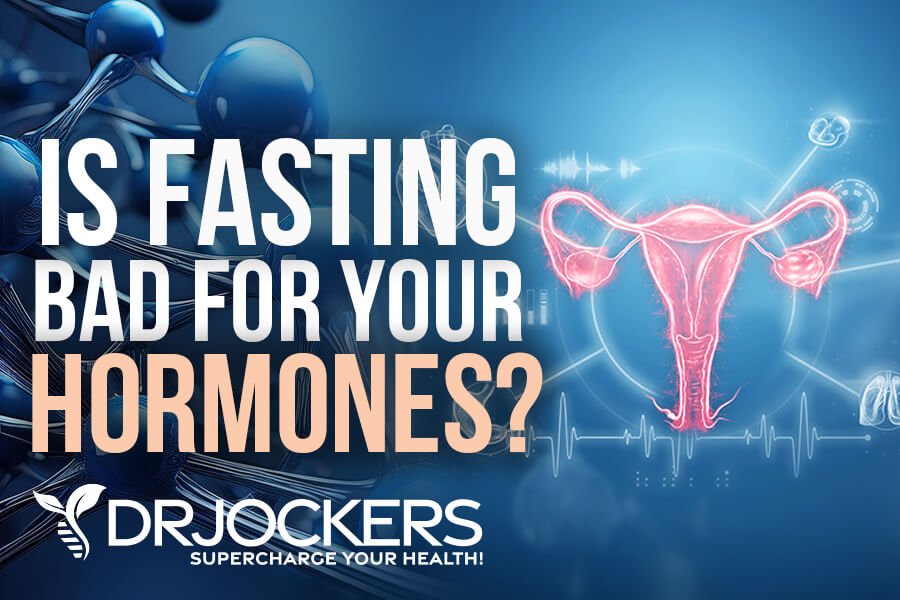 Is Fasting Bad for Your Hormones
Is Fasting Bad for Your Hormones
Fasting has been practiced throughout history for its health and spiritual benefits. Though it offers many science-backed health benefits, many are concerned that fasting is bad for your hormones.
The answer to this question is more complex. The short answer is that when practiced right, fasting is not bad for your hormones. In this article, I will teach you how to support a normal HGH:Cortisol ratio to get the most out of fasting without affecting your hormonal health.
In this article, you will learn about the health benefits of fasting. I will get into the concern about fasting impacting your hormones and the truth behind it. I will answer the question of whether fasting can increase your cortisol levels. I will go over the benefits of human growth hormone.
You will learn about the importance of HGH:Cortisol ratio. Finally, I will share my top strategies to optimize HGH:Cortisol ratio.
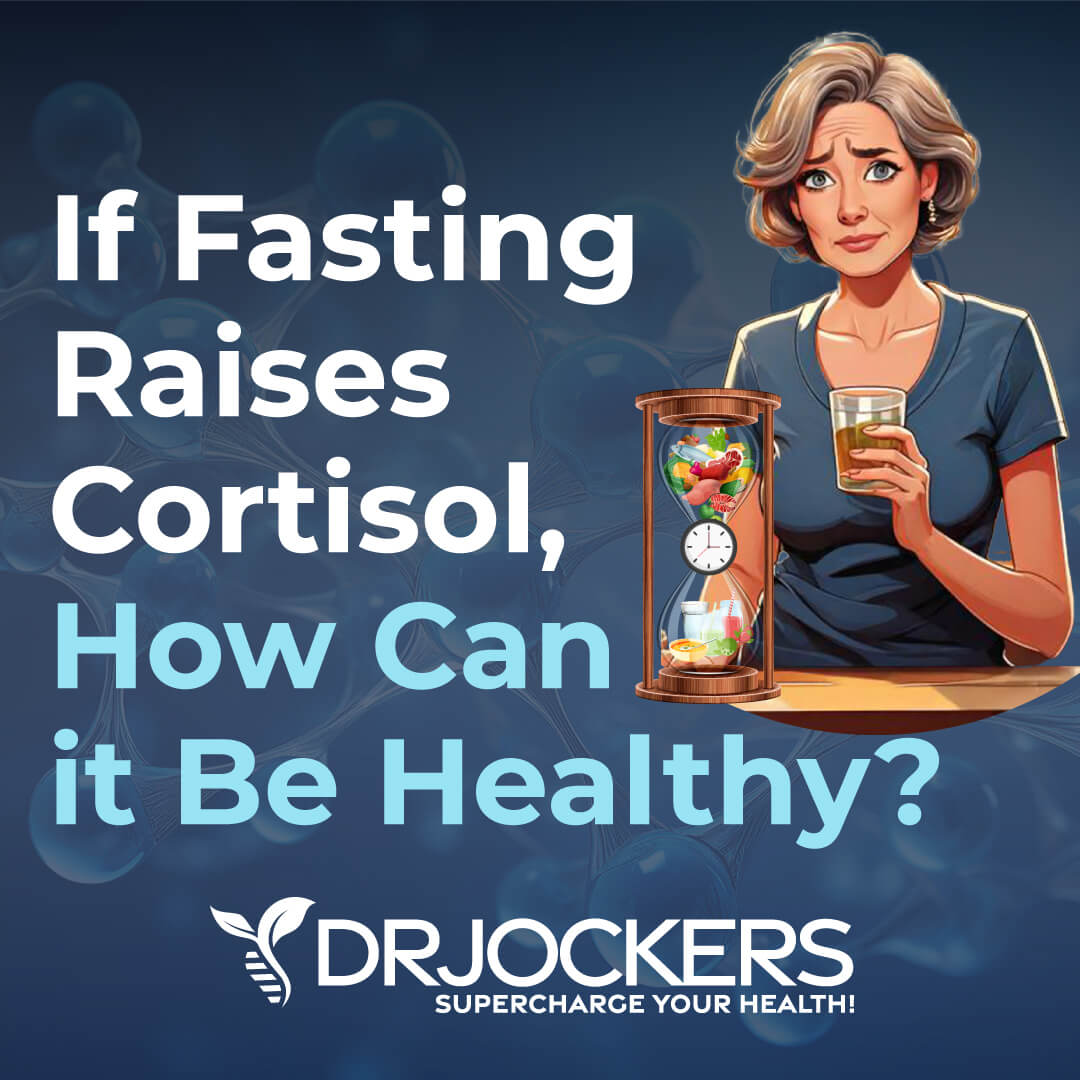 Health Benefits of Fasting
Health Benefits of Fasting
Fasting is one of the most ancient healing strategies, with incredible health benefits. It has been used by ancient healers and philosophers across cultures throughout history. Though modern sciences have mostly forgotten and ignored its health benefits, in recent years, fasting has become increasingly popular among holistic health enthusiasts and practitioners.
Though fasting is not in the preventative toolbox of most conventional doctors, fasting is actually well-researched and offers many science-backed benefits.
Benefits of fasting include:
-
- Stimulating fat burning (1, 2, 3, 4)
- Decreasing chronic inflammation (5)
- Improving your energy levels (6, 7)
- Taking the stress off of your digestive system (8)
- Stimulating cellular autophagy (9)
- Improving genetic repair mechanisms (10)
- Stimulating the development of stem cells (11, 12)
- Improving cellular sensitivity (13)
- Lowering the risk of chronic disease (14)
- Enhancing your mental health (15)
In addition to these science-backed benefits of fasting, it may also improve your relationship with food and allow spiritual growth and fine-tuned intuition. If you are interested in the benefits of fasting, read this article.
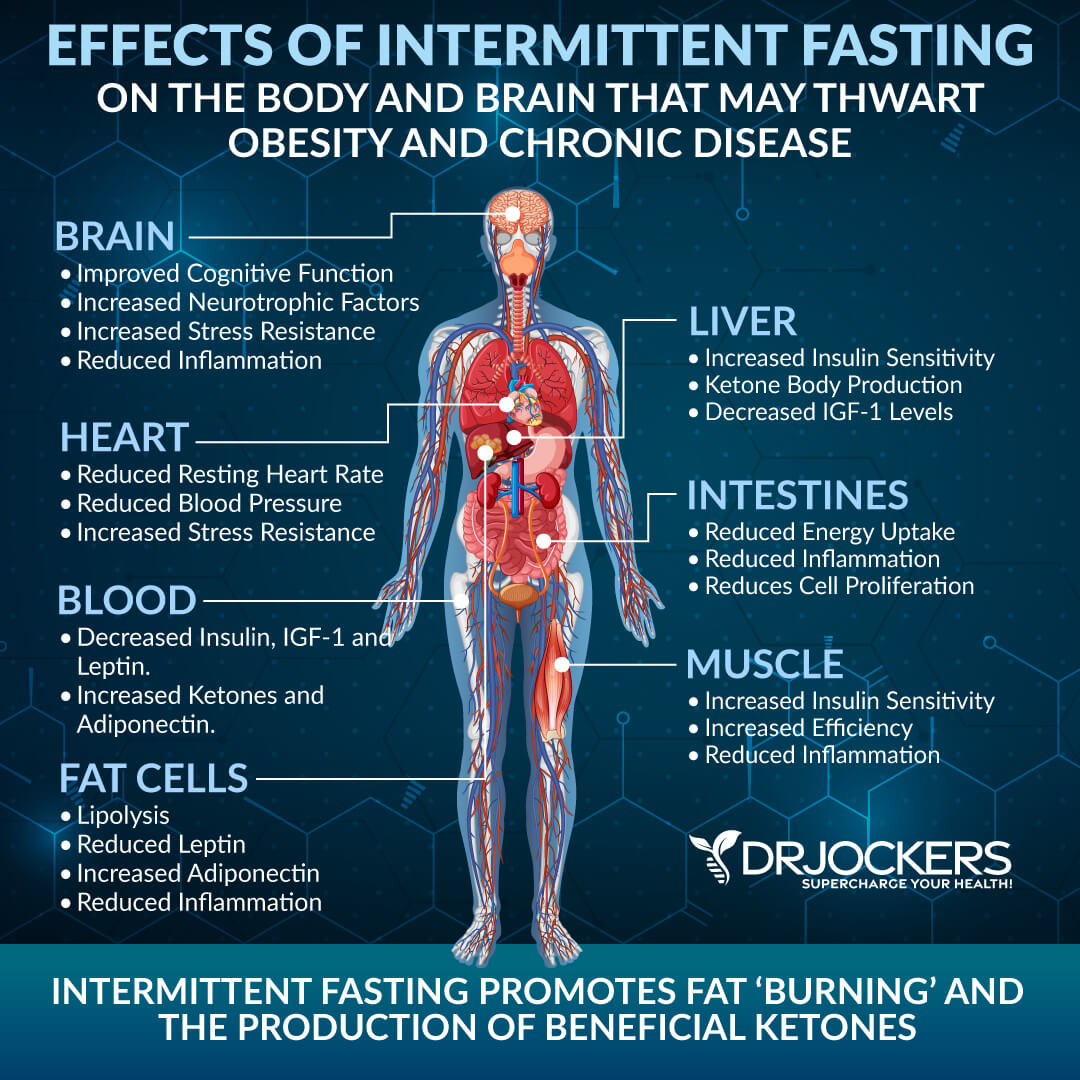
The Concern About Fasting Impacting Hormones
Is fasting bad for your hormones? This is a common question I hear all the time. So many people are concerned if fasting is bad for their thyroid hormones, estrogen, progesterone, menstrual cycle, or menopause symptoms in women or testosterone levels in men.
The answer is nuanced. Fasting is considered a stressor, which makes you think that it can disrupt your hormones. However, fasting is a hormetic stressor which means that it’s a type of stressor that can make your body stronger and more resilient (16). It’s a type of mild stress that can be beneficial.
Just think about exercise. Exercise is stressful for your body, yet it can be good for you. If you do too much exercise or do it in the wrong environment, it can disrupt your hormones and overall health. But if you exercise properly, using the proper techniques and not over-exercising, it can actually support your hormones and make you more hormone sensitive.
Being hormone-sensitive means that your body can respond to hormones more effectively because it lowers inflammation and improves cellular communication.

Fasting is a Stressor
Fasting is similar. Chronic stress, including from overexercising or fasting improperly, can be bad for your hormones. But when used under the right conditions, it can help your hormones. Too much stress can overwhelm your body, disrupt your thyroid hormone levels, create an imbalance in your estrogen and progesterone levels, lower testosterone, and reduce fertility.
But the right amount of stress can actually make your body more resilient and stronger and support hormonal health. According to a 2010 review published in the Journal of Physiological Anthropology, mild stress from dietary restriction, short-term fasting, or alternate day fasting can support your health and reduce the risk of autoimmune disease, allergies, heart disease, stroke, cancer, and neurodegeneration (17).
2016 research published in the Journal of Mid-Life Health has found that fasting may improve reproductive and mental health and can be a safe option for women (18).
Moreover, when people on the internet say things like “women should never fast” or “people with thyroid problems should never fast”, they often justify this by saying that fasting raises cortisol and causes thyroid and sex hormone problems. This is more complex than that.
Fasting can disrupt your hormones, but not because of the elevation in cortisol but because of the lack of increase in human growth hormones (HGH). Let’s look into this deeper.
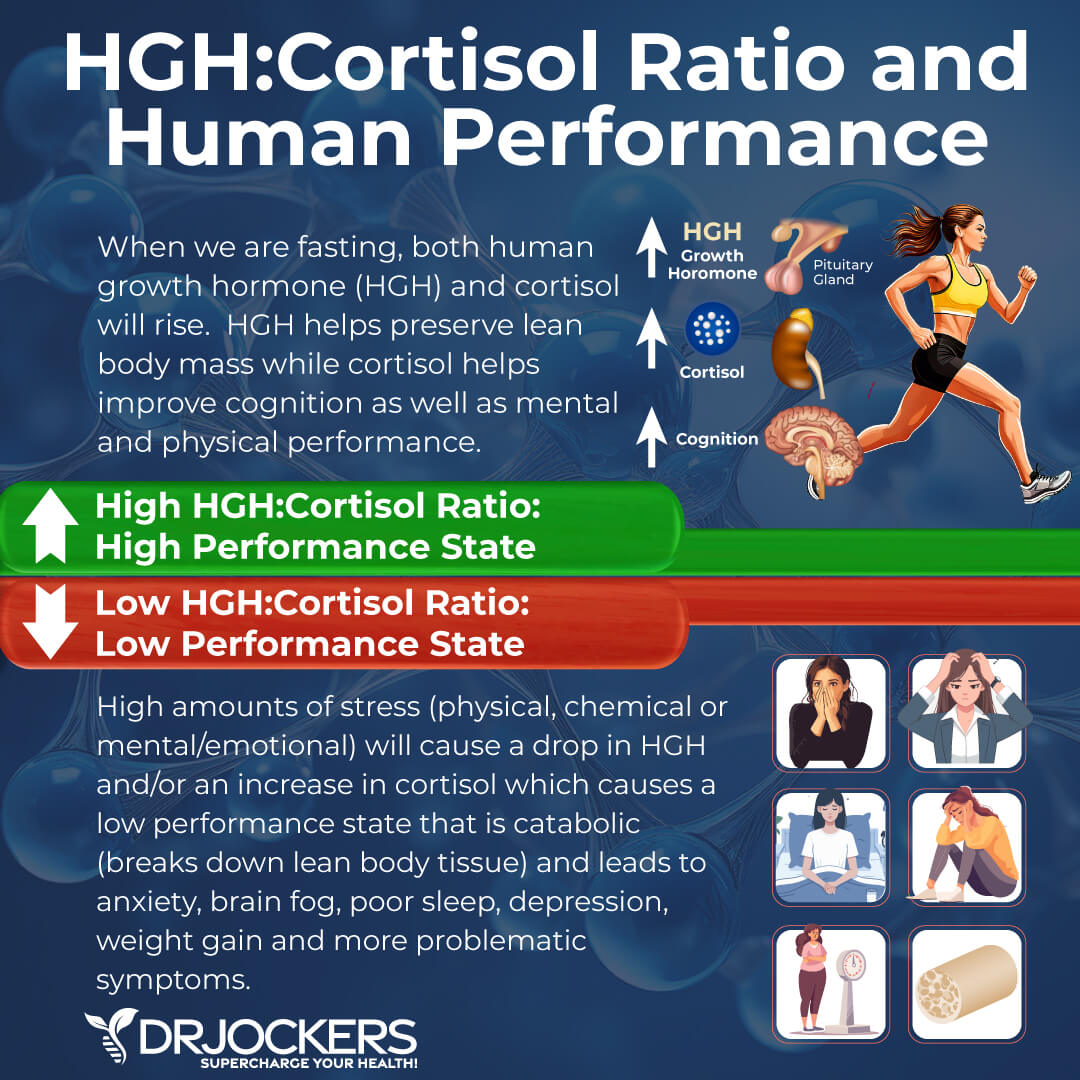
Does Fasting Increase Cortisol Levels?
Fasting can increase your cortisol levels (19). Cortisol is a glucocorticoid hormone, which plays a role in gluconeogenesis. Gluconeogenesis is a process of converting non-carbohydrate sources, such as amino acids, into glucose to maintain normal blood sugar levels during the times you are not taking in any food (20).
Gluconeogenesis is a hormonal response from your body to ensure adequate energy levels, especially for your vital organs, like your brain or heart.
Fasting is a time you are not eating, so due to this process, will lead to a cortisol increase. However, this increase in cortisol during fasting is not necessarily damaging to your body. Why? Because fasting also increases HGH levels (21, 22). HGH is critical for fat metabolism, muscle preservation, and overall metabolic health (23).
The interplay and balance between cortisol and HGH help maintain homeostasis during fasting and can allow fasting to benefit your body (24). Thus, as long as your HGH levels are also elevated, increased cortisol from fasting may not be a problem for your hormonal health.
Cortisol actually gives you a sense of wakefulness during fasting. This can help with your memory, cognition, and mood. You just don’t want it to be too high compared to HGH.
You don’t want too high or too high levels of either. You don’t want to overwhelm your system with sudden stress, which can make HGH levels go down. You see, it’s kind of like a seesaw that you want nicely balanced without either side plummeting.

The Benefits of Human Growth Hormone
Human Growth Hormone (HGH) is a peptide hormone produced by the pituitary gland in the brain. It plays a critical role in growth, cell repair, and metabolism. It promotes growth and physical development, so it’s especially important during childhood and adolescence, as well as, for athletes or anyone looking to grow muscle.
We can also refer to HGH as the quintessential anti-aging hormone as it helps you burn fat while preserving lean body tissue, supporting muscle growth and bone health, and supporting many other areas of your body.
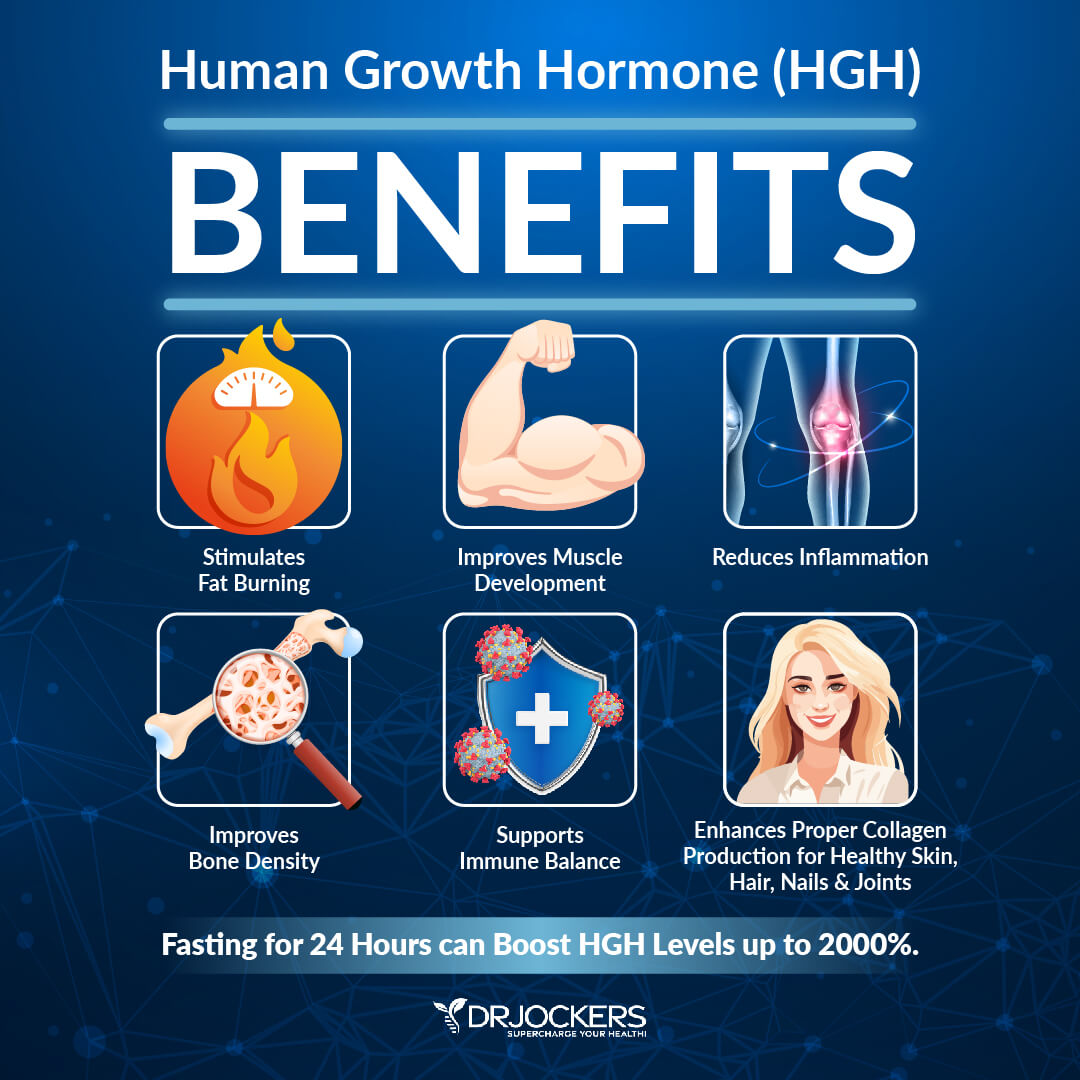
The Benefits of HGH Include:
Supports Fat Burning: HGH may stimulate fat burning. According to a 2009 study published in the Journal of Clinical Endocrinology and Metabolism, the increased growth hormone production due to fasting can lead to enhanced lipolysis (25). By supporting fat burning and fat loss, it can improve overall weight loss and body composition.
Improves Genetic Repair Mechanisms: Improved genetic repair mechanism is one of the most important benefits of fasting, thanks to HGH increase. A study done at the Intermountain Medical Center found that men who fasted for 24 hours had a 2000% increase in HGH from baseline and women had a 1300% increase from baseline after fasting for 24 hours (26).
Supports Muscle, Bone, and Cartilage Growth and Healing: HGH promotes the development of muscles and tissues. This is beneficial for improving your body composition and building muscle while losing fat. According to a 2014 review published in the Journal of Molecular Endocrinology, growth hormones can increase muscle strength and muscle mass (27).
It also helps to protect your bones, support bone and cartilage growth in children, and support bone density throughout adulthood. According to a 2018 review published in Endocrine, growth hormone deficiency can increase osteoporosis, and improving growth hormone levels can help to improve bone density (28).
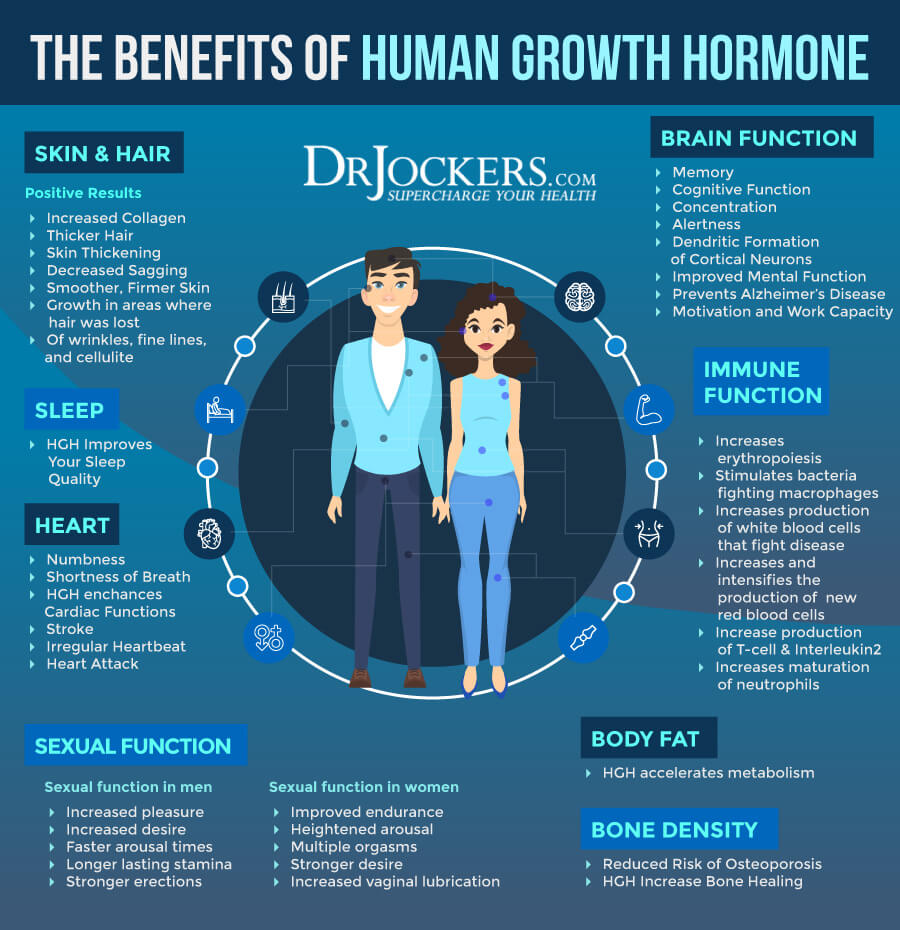
Lowers Inflammation and Supports the Immune System: HGH helps to improve cellular healing which can reduce inflammation and modulate the immune system. According to a 2012 review published in Pathobiology of Aging & Age-Related Diseases, growth hormones may reduce inflammation and improve longevity (29). According to a 2004 review published in Pediatric Endocrinology Reviews, growth hormone helps to support immune function, and deficiencies can lead to minor immune abnormalities (30).
Improves Collagen: HGH can also help to improve the quality of collagen in the tissues. According to 2010 research published in The Journal of Physiology, growth hormones can improve collagen synthesis and support muscle and tendon health (31). Improved collagen can not only help joint health but also support skin health, skin appearance, and nail strength.
Slows the Aging Process: Of course, HGH cannot reduce the number of candles on your birthday cake but it can reduce physical signs of aging by improving your bodily structure, physical appearance, and energy levels. According to a 2012 review published in Pathobiology of Aging & Age-Related Diseases, growth hormones improve longevity (29).
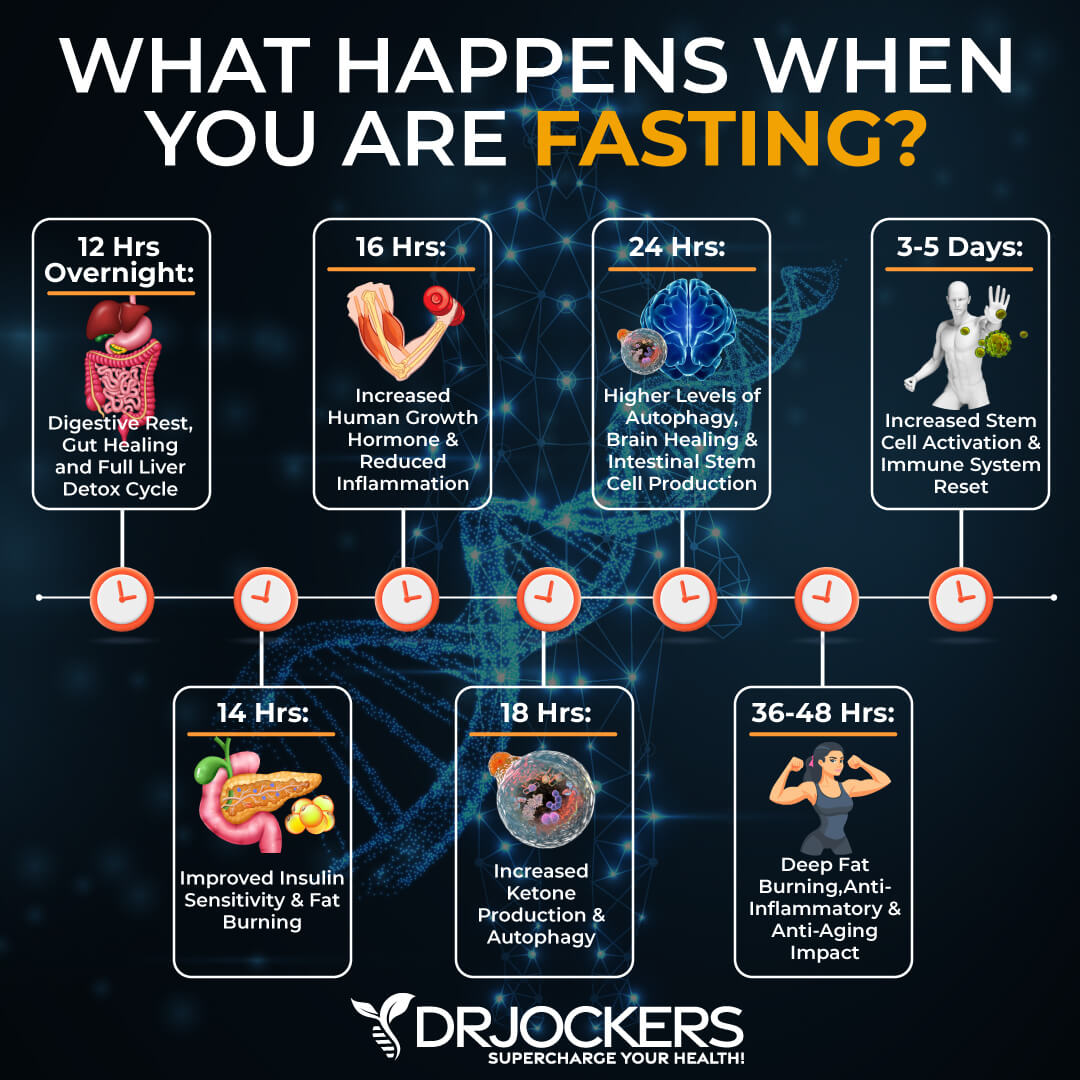
The Importance of the HGH:Cortisol Ratio
The healthy balance of HGH:Cortisol ratio is important for human performance, hormonal health, and overall health. High HGH levels help to preserve lean body mass and high levels of cortisol help to improve cognition, mental performance, and physical performance.
But high amounts of physical, emotional, mental, or environmental stress can lead to a drop in HGH and an increase in cortisol which can lead to the catabolic breakdown of lean body tissue, poor performance, brain fog, poor sleep, depression, weight gain, hormonal issues, and all kinds of symptoms.
You don’t want that. Instead, you want a fine balance. You want to practice fasting properly and also support your body with an overall healthy diet and lifestyle to support a normal HGH: cortisol ratio to allow hormonal balance, low inflammation levels, good sleep, good cognition, healthy mood, good performance, and overall health.
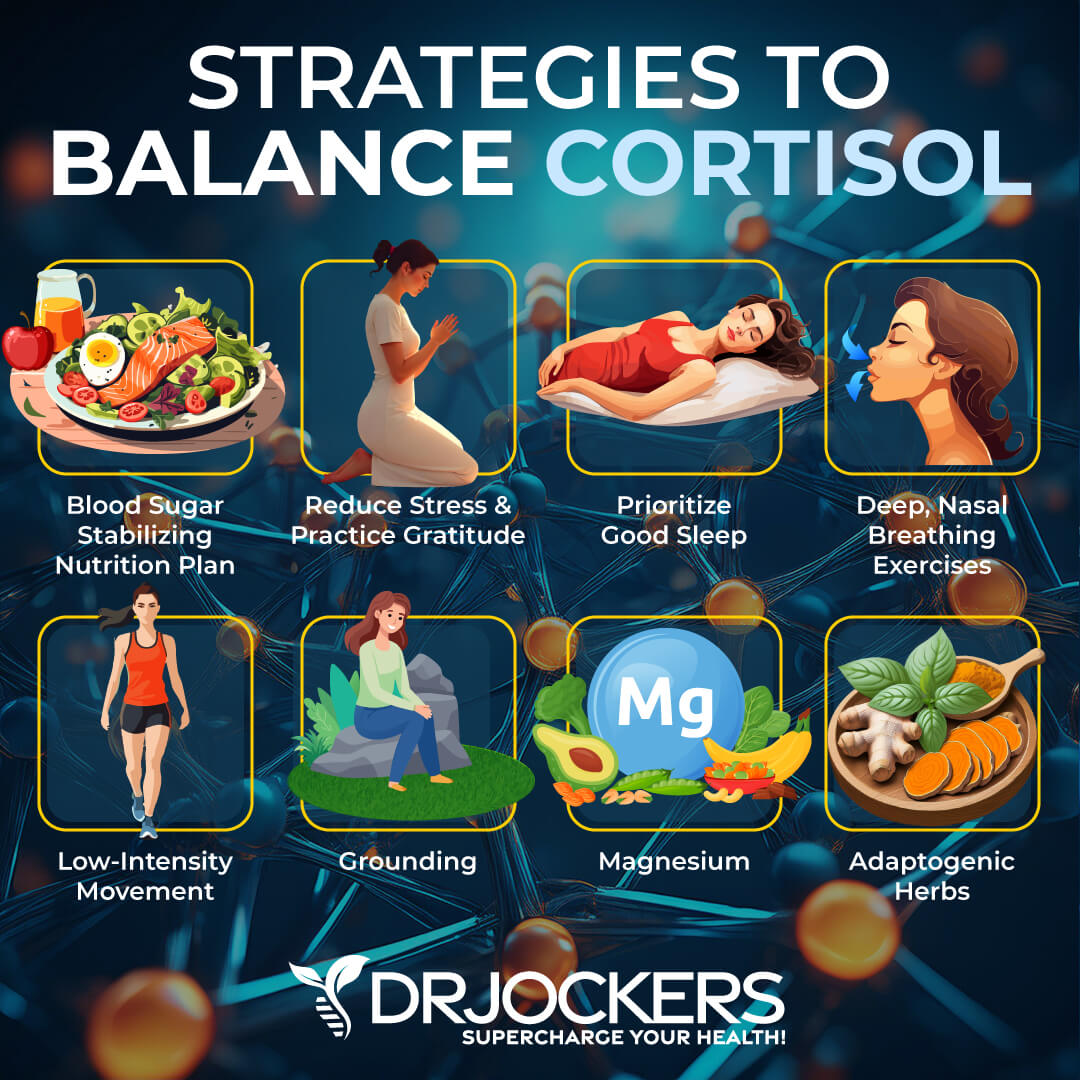
Strategies to Optimize HGH:Cortisol Ratio
Here are my top strategies for optimizing HGH:cortisol ratio.
Blood Sugar Stabilizing Nutrition Plan
I recommend that you follow a blood sugar-stabilizing nutrition plan. Remove inflammatory foods, such as refined sugar, refined oils, artificial ingredients, sodas, sugary juices, and overly processed foods.
Follow a nutrient-dense, antioxidant-rich, and anti-inflammatory diet instead with lots of greens, vegetables, sprouts, fermented foods, low-glycemic index fruits, grass-fed meat, pasture-raised poultry and eggs, wild-caught fish and seafood, and wild game.
Prioritize your protein levels. Aim for 30 to 50+ grams per meal. Your protein should come from the aforementioned clean animal protein sources for the most part. Keep your carbohydrate levels low, coming from vegetables, such as carrots, beets, and sweet potatoes, and low-glycemic index fruits, such as berries, only.
You can use stevia or monk fruit for natural sweeteners that don’t disrupt your blood sugar levels. Focus on lots of healthy fats, including avocadoes, grass-fed butter and ghee, coconut oil, MCT, olives, and extra virgin olive oil.
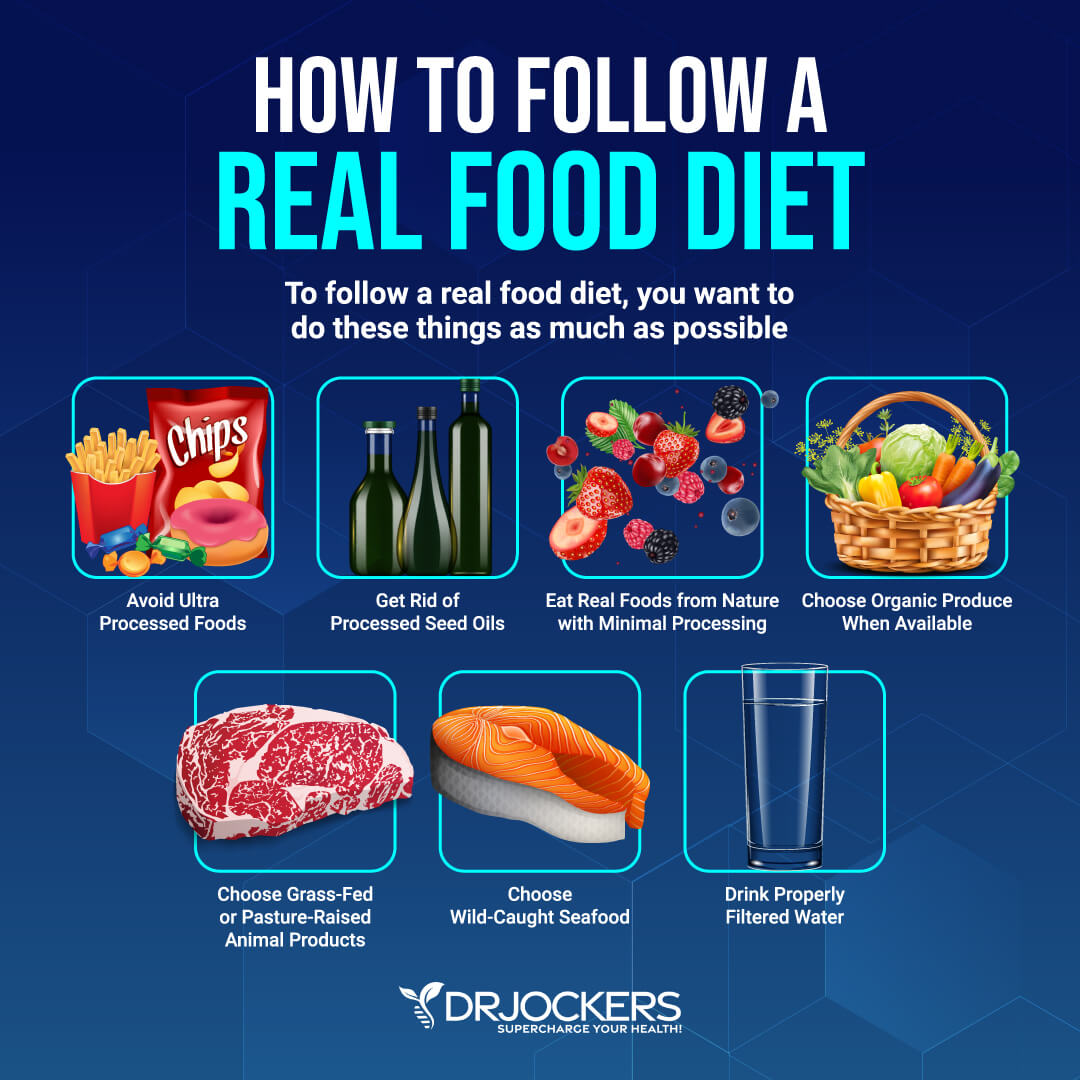
Reduce Stress & Practice Gratitude
Reducing stress and practicing gratitude is an important way to reduce your cortisol levels. Meditation, mindfulness, and progressive relaxation exercises can help to lower your stress levels. A regular gratitude practice can improve your overall mood and happiness.
Journaling is a great way to release emotional tension and recognize negative thought patterns. Getting some massage or other bodywork can help release physical stress, as can Epson salt baths or infrared sauna sessions.
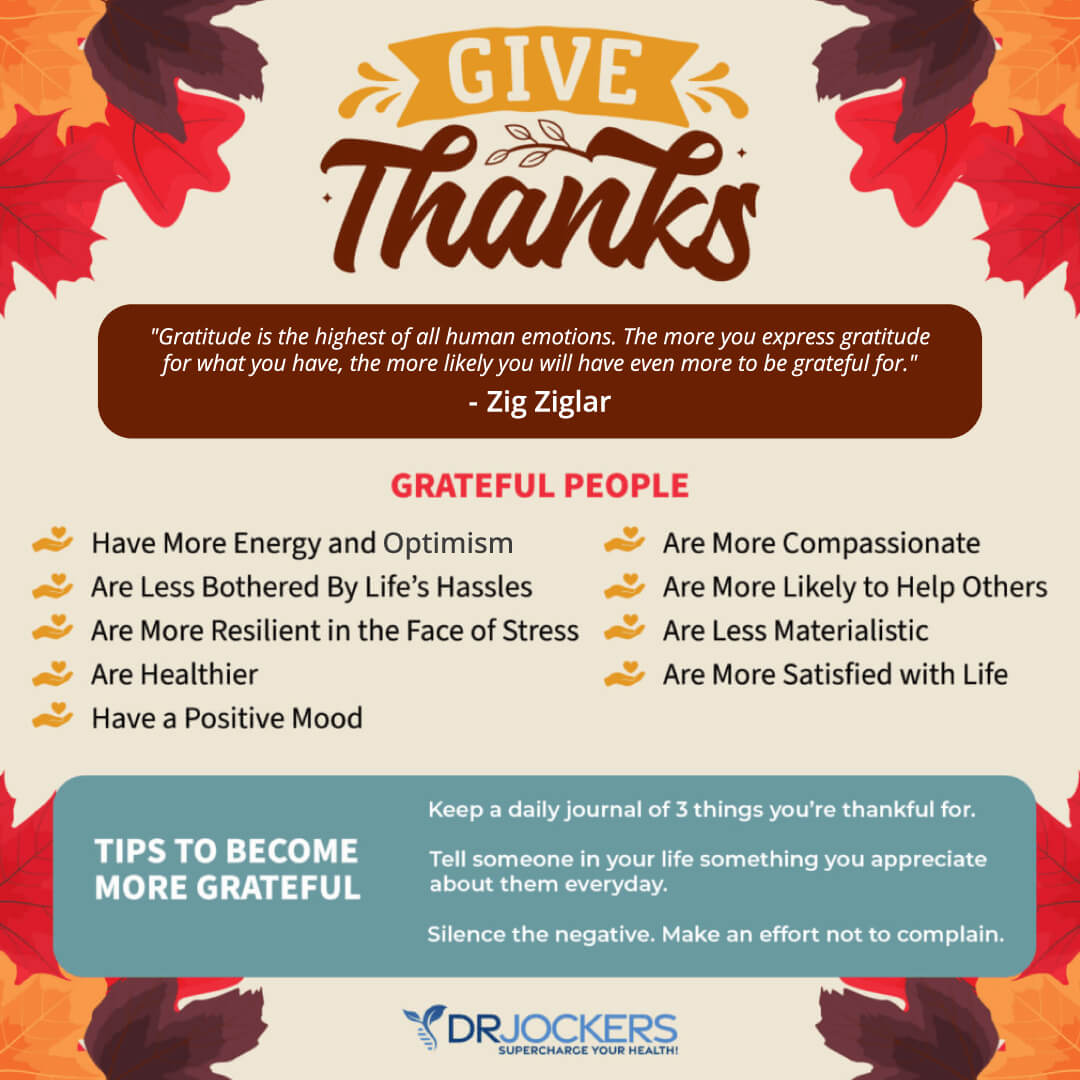
Prioritize Good Sleep
Prioritizing good sleep is also critical. You want to aim for 7 to 9 hours of restorative sleep each night. Following a healthy diet throughout the day and avoiding sugar and heavy meals in the evening is critical. Ideally, you want to avoid eating after dinner and start your intermittent fasting after your last meal. Avoid alcohol, electronics, and stress in the evening.
Choose relaxing activities, such as listening to relaxing music, reading, journaling, crossword puzzles, meditation, prayer, or taking a bath. Support your sleep with calming colors in your bedroom, essential oils, such as lavender, supportive pillows and bedding, an eye mask, and blackout curtains.

Regular Movement & Exercise
I recommend that you move your body regularly. Move your body throughout the day but getting up to stretch, walk, and move around regularly, playing with your kids or pets, and adding creative activities into your day, including impromptu dance sessions or parking further from a store.
Exercise at least 5 days a week 20 to 30 minutes each session. Adding resistance and strength training into your workout routine is key. Avoid overtraining and optimize recovery. Support your body after your workouts with good nutrition. Take rest days or days with low-impact workouts.
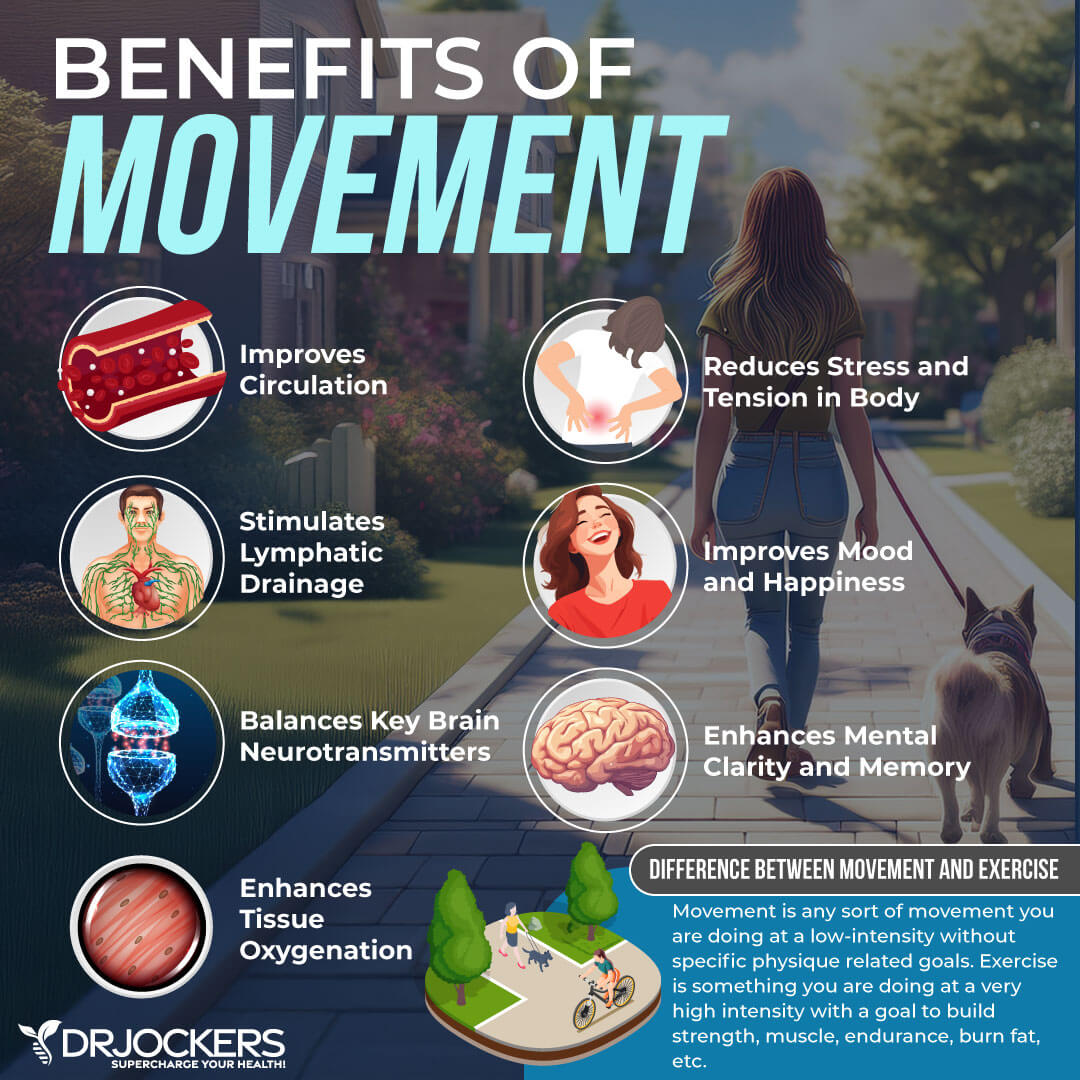
Don’t Overdo Caffeine
Don’t overdo on caffeine. Avoid energy drinks and caffeinated soft drinks completely. If you drink caffeine, choose organic coffee, green tea, or black tea.
I recommend that you drink your coffee 90 minutes after waking. Limit your intake to 1 to 2 cups a day. Avoid drinking coffee in the afternoon or the evening. You can follow my tips on getting the most out of coffee in this article.
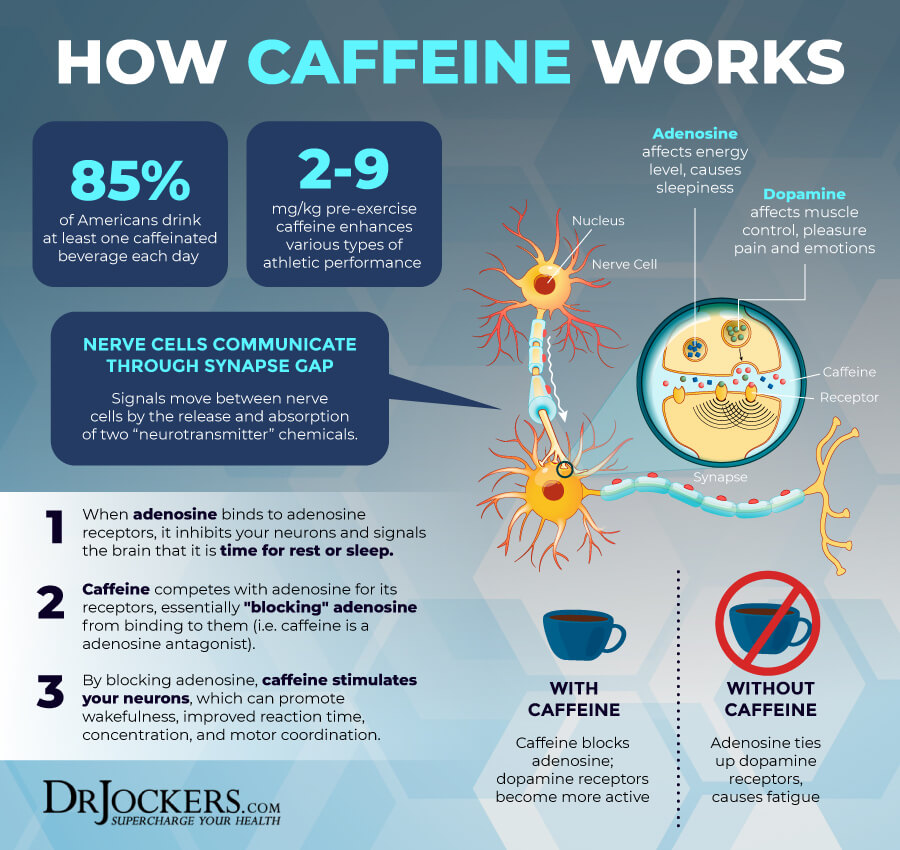
Time in Nature, Grounding & Sun Exposure
Spending time in nature is a great way to lower your stress levels and get some fresh air into your lungs. It is a great opportunity to get some me time, relax, or spend time with friends and family. Combining nature time with some exercise is another smart idea.
You can add grounding into your nature time to further improve relaxation and reduce cortisol. If the sun is out, it is a great way to get sun exposure. Sunshine is important for improving your vitamin D levels, which is important for your bone, muscle, brain, mental, and immune health.
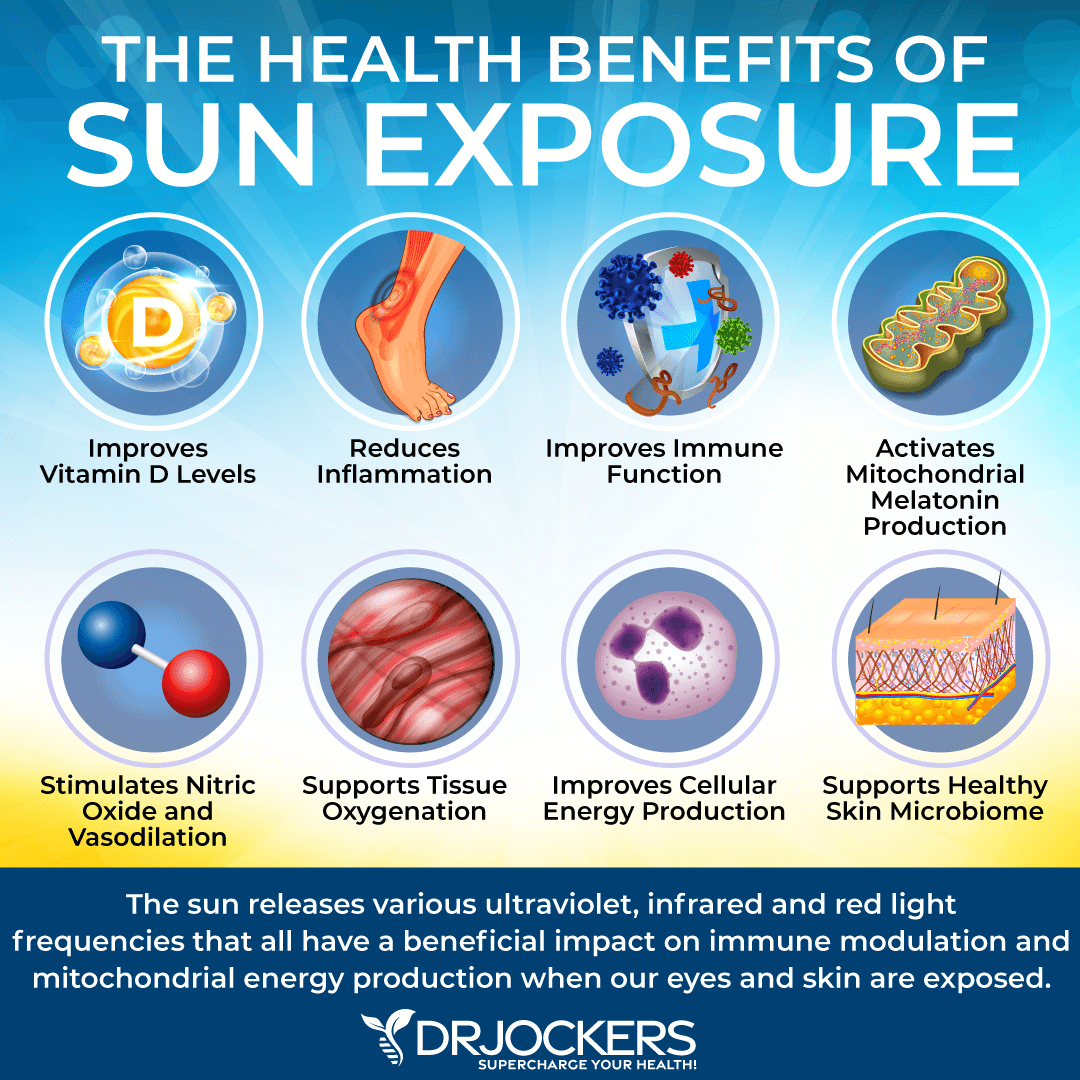
Positive Relationships and Laughter
Embracing positive relationships and laughter is another great way to reduce stress, improve happiness, increase a feeling of safety, and reduce cortisol. Volunteering somewhere is a great way to connect with others and give back to your community.
Joining a supportive community, such as a church group, a sports team, a parent group, or an arts activity can be a great way to connect with others. Laughter yoga or watching a funny movie can be great options to add some extra laughter to your life.

Final Thoughts
Fasting has many science-backed benefits but if you are not practicing it right, it can disrupt your hormones. You need a good HGH and cortisol balance to avoid hormonal issues. I recommend that you follow my tips in this article to support normal HGH:cortisol ratio to get the most out of fasting without affecting your hormonal health.
If you want to work with a functional health coach, I recommend this article with tips on how to find a great coach. On our website, we offer long-distance functional health coaching programs. For further support with your health goals, just reach out and our fantastic coaches are here to support your journey.
The Fasting Transformation Book
If you want to improve your metabolic health and burn fat, improve your brain and overall energy levels…intermittent and extended fasting are incredibly powerful strategies.
That is why I want to introduce you to my best-selling book, The Fasting Transformation. It goes into the most recent scientific research and strategies for implementing intermittent and extended fasting into your life.
This book is the best book on fasting the world has ever seen and I have read them all! It is now, my great honor to present this to you and I am deeply appreciative of your support!
Metabolic Autophagy & Cellular Healing Masterclass
Autophagy is the body’s innate mechanism for deep cellular healing and repair, and it helps us reduce the effects of aging, inflammation, and cellular damage.
The Nobel Prize in 2016 was awarded to the Japanese researcher Yoshinori Ohsumi for his breakthrough work in helping us understand the process of autophagy and how it works. If you are struggling with your health or desire to optimize your health, activating the appropriate amount of autophagy is a critical component.
This masterclass will give you in-depth video training along with image-rich, research-based guides to help you understand the tools and strategies to unlock your body’s dormant healing potential. You will also learn my signature 6-week Metabolic Reset Cycle that will show you how to utilize advanced nutrition strategies for deep cellular healing!
Check out the masterclass here where you will learn my best action steps for optimal healing!
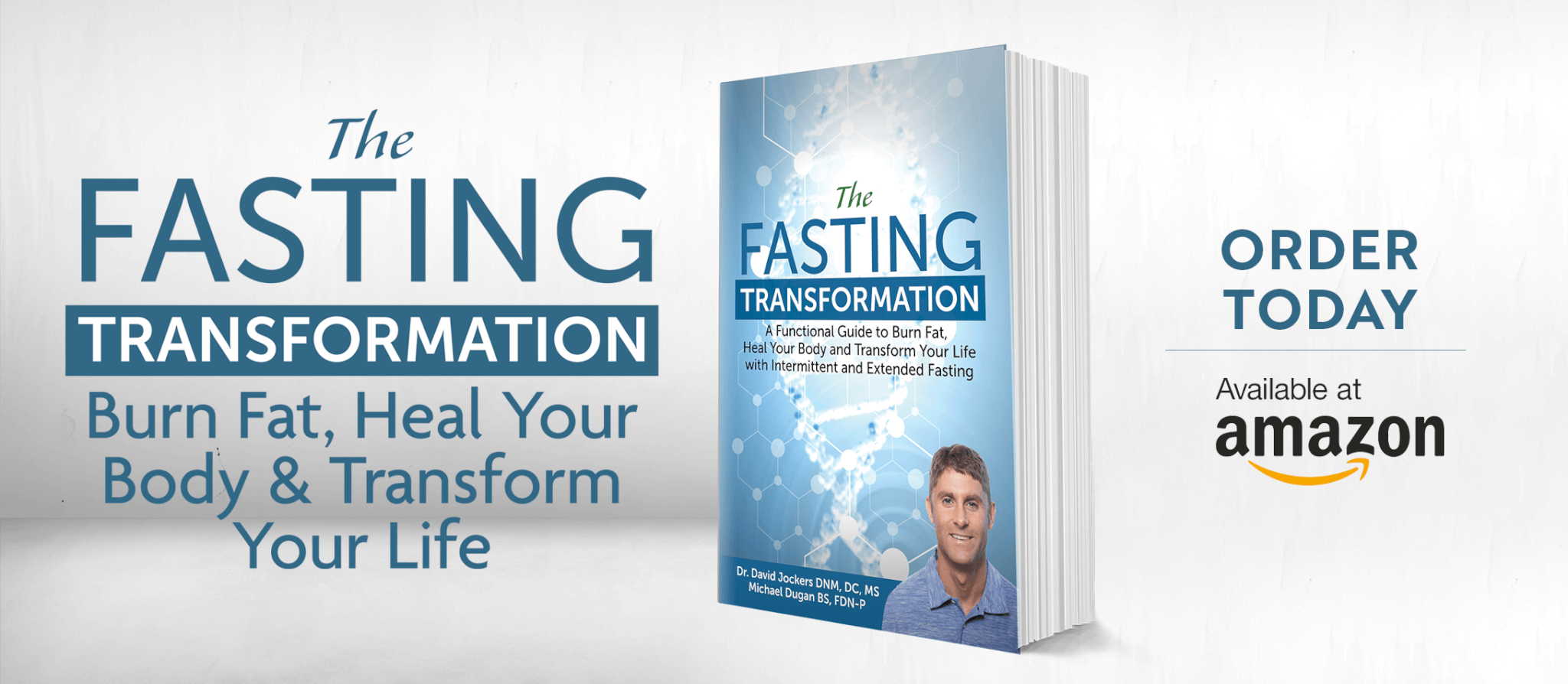
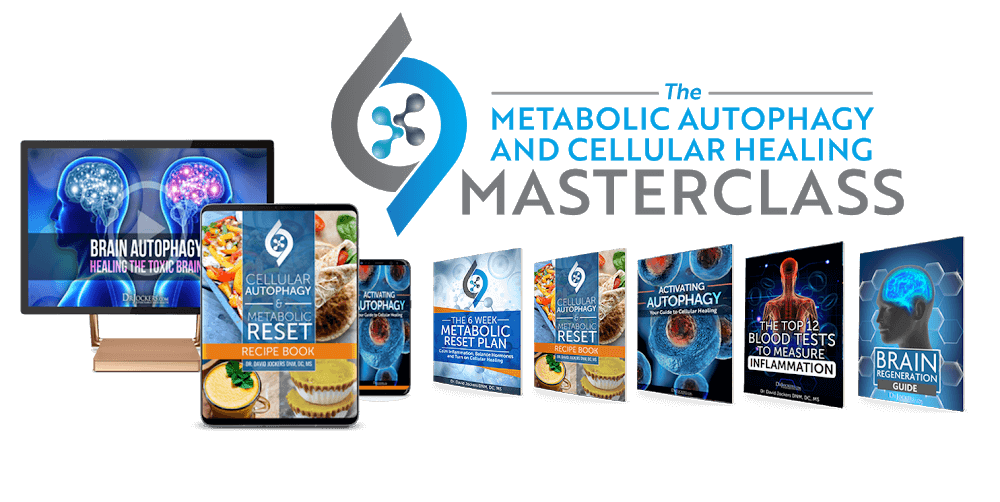



Thank you